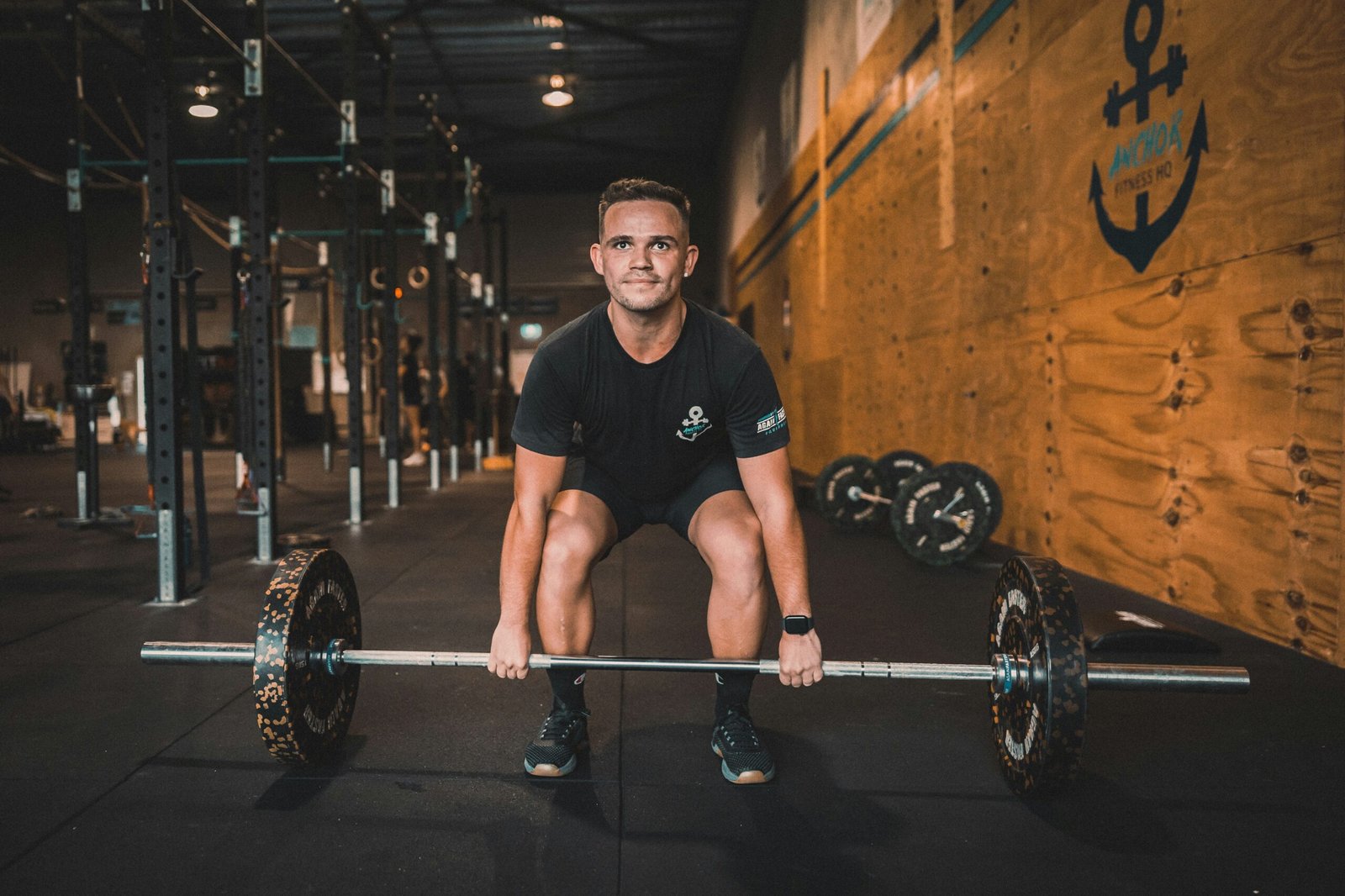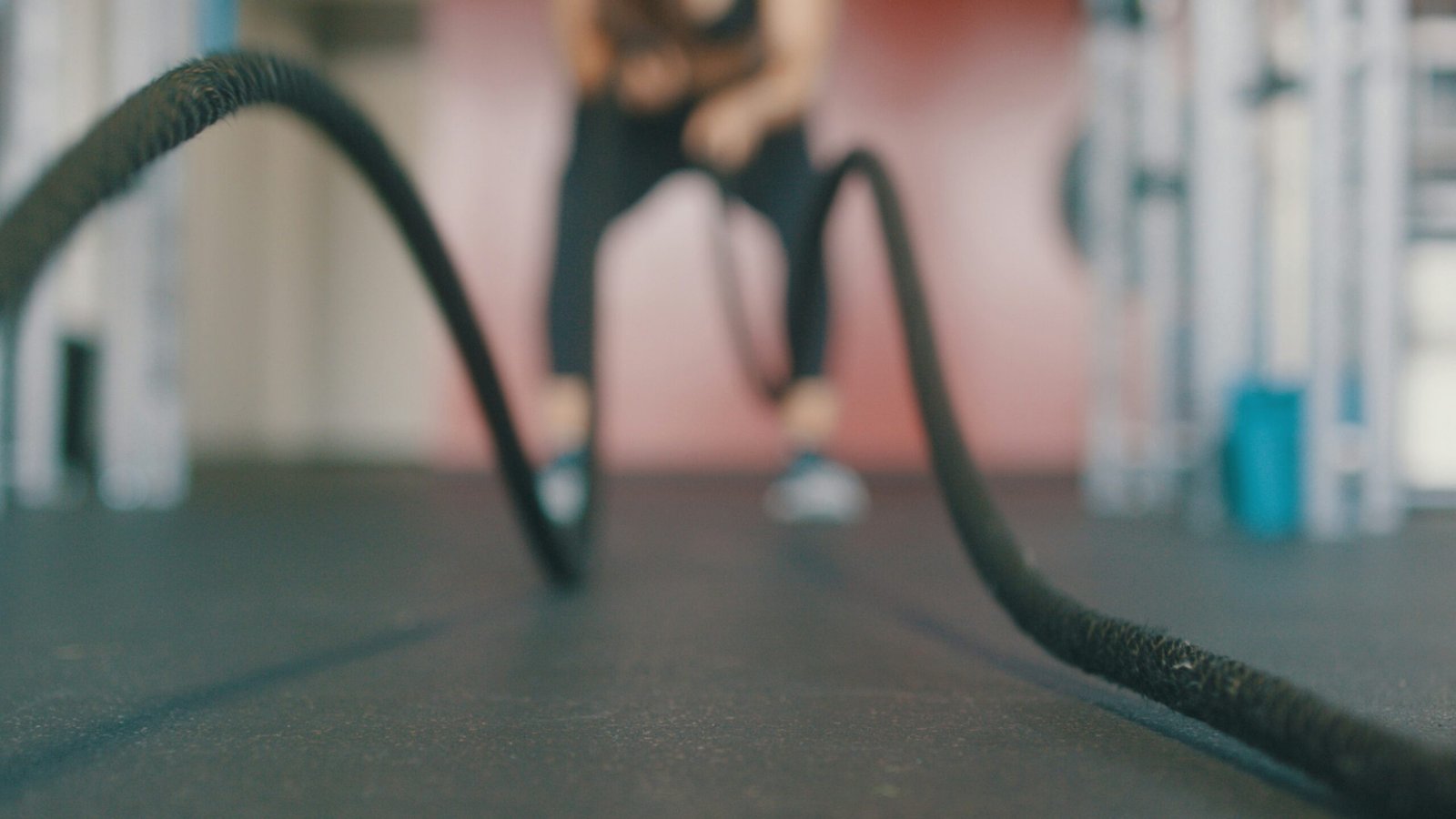The Ultimate Guide To Functional Fitness: Unlocking The Power Of Real-Life Movements

What is Functional Fitness?
Functional fitness is a type of exercise that focuses on building strength and mobility for real-life movements and activities. Unlike traditional gym workouts that isolate specific muscles or body parts, functional fitness exercises involve multiple muscle groups and mimic everyday movements.
The goal of functional fitness is to improve your ability to perform everyday activities with ease and efficiency. Whether it’s lifting heavy objects, carrying groceries, or playing with your kids, functional fitness helps you build the strength, stability, and mobility needed for these tasks.
The Benefits of Functional Fitness
There are several benefits to incorporating functional fitness exercises into your workout routine:
1. Improved Functional Strength
Functional fitness exercises target the muscles and movements that you use in your daily life. By focusing on these specific movements, you can improve your overall strength and make everyday tasks easier to perform.
For example, exercises like squats and lunges strengthen your lower body, making it easier to climb stairs or get up from a seated position. Push-ups and rows strengthen your upper body, helping you lift and carry objects with ease.
2. Increased Mobility and Flexibility
Functional fitness exercises often involve movements that require a wide range of motion. By regularly performing these exercises, you can improve your flexibility and mobility.
For instance, exercises like shoulder presses and overhead squats improve your shoulder mobility, making it easier to reach overhead objects or perform activities that require arm movement. Hip mobility exercises like lunges and hip bridges can help improve your ability to bend down and pick up objects from the ground.
3. Enhanced Core Stability
Your core muscles play a crucial role in maintaining stability and balance. Functional fitness exercises engage your core muscles to a greater extent than traditional exercises, helping you develop a strong and stable core.
Exercises like planks, Russian twists, and farmer’s carries target your core muscles, improving your ability to maintain balance and stability during daily activities.
4. Injury Prevention
Functional fitness exercises not only strengthen your muscles but also improve your overall body mechanics and movement patterns. By practicing functional movements, you can correct imbalances and weaknesses that may contribute to injuries.
For example, if you have weak glutes, it can lead to improper hip alignment and increase the risk of knee or lower back injuries. Functional exercises like glute bridges and single-leg squats can help strengthen your glutes and improve your hip alignment, reducing the risk of injury.
Functional Fitness Exercises
There are numerous functional fitness exercises that you can incorporate into your workout routine. Here are a few examples:
1. Squats
Squats are a fundamental functional fitness exercise that targets your lower body, including your quadriceps, hamstrings, and glutes. They mimic the movement of sitting down and standing up, making them highly functional for everyday activities.
2. Push-ups
Push-ups are a great exercise for building upper body strength, particularly in your chest, shoulders, and triceps. They simulate the motion of pushing yourself up from the ground, which is a movement you often encounter in daily life.
3. Lunges
Lunges are excellent for targeting your lower body, including your quadriceps, hamstrings, and glutes. They mimic the movement of walking or climbing stairs, making them highly functional for everyday activities.
4. Planks
Planks are an effective exercise for strengthening your core muscles, including your abs, obliques, and lower back. They help improve your core stability and posture, which is essential for maintaining proper body alignment during daily activities.
5. Farmer’s Carries
Farmer’s carries involve walking while holding heavy weights in each hand. This exercise targets your grip strength, core stability, and overall body strength. It simulates the action of carrying heavy objects, making it highly functional for real-life activities.
Conclusion
Functional fitness exercises are a valuable addition to any workout routine. By focusing on movements that mimic real-life activities, you can improve your strength, mobility, and overall functionality. Whether you’re an athlete looking to enhance your performance or someone who wants to make daily tasks easier, functional fitness can help you achieve your goals.





